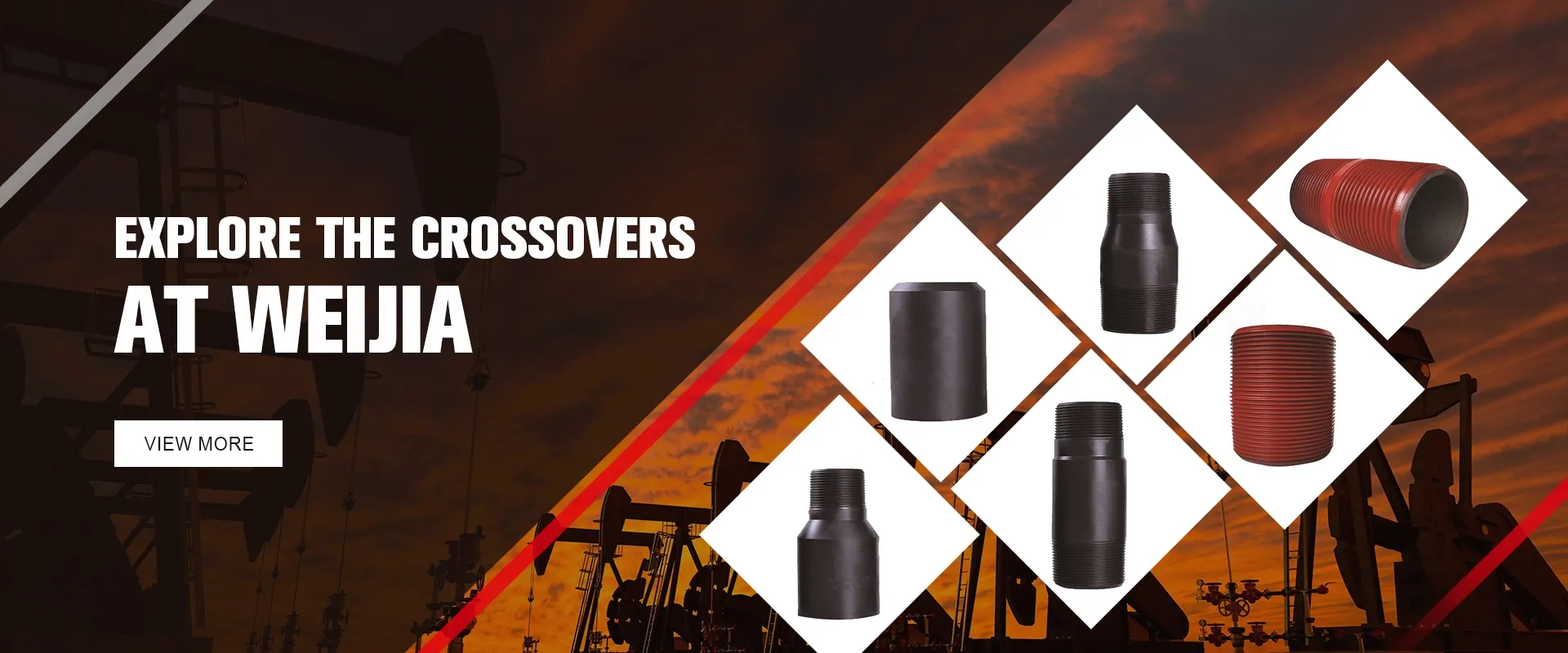- Afrikaans
- Albanian
- Amharic
- Arabic
- Armenian
- Azerbaijani
- Basque
- Belarusian
- Bengali
- Bosnian
- Bulgarian
- Catalan
- Cebuano
- Corsican
- Croatian
- Czech
- Danish
- Dutch
- English
- Esperanto
- Estonian
- Finnish
- French
- Frisian
- Galician
- Georgian
- German
- Greek
- Gujarati
- Haitian Creole
- hausa
- hawaiian
- Hebrew
- Hindi
- Miao
- Hungarian
- Icelandic
- igbo
- Indonesian
- irish
- Italian
- Japanese
- Javanese
- Kannada
- kazakh
- Khmer
- Rwandese
- Korean
- Kurdish
- Kyrgyz
- Lao
- Latin
- Latvian
- Lithuanian
- Luxembourgish
- Macedonian
- Malgashi
- Malay
- Malayalam
- Maltese
- Maori
- Marathi
- Mongolian
- Myanmar
- Nepali
- Norwegian
- Norwegian
- Occitan
- Pashto
- Persian
- Polish
- Portuguese
- Punjabi
- Romanian
- Russian
- Samoan
- Scottish Gaelic
- Serbian
- Sesotho
- Shona
- Sindhi
- Sinhala
- Slovak
- Slovenian
- Somali
- Spanish
- Sundanese
- Swahili
- Swedish
- Tagalog
- Tajik
- Tamil
- Tatar
- Telugu
- Thai
- Turkish
- Turkmen
- Ukrainian
- Urdu
- Uighur
- Uzbek
- Vietnamese
- Welsh
- Bantu
- Yiddish
- Yoruba
- Zulu
well casing coupler
The Importance of Well Casing Couplers in Oil and Gas Operations
In the oil and gas industry, maintaining the integrity of well structures is paramount. One vital component that plays a significant role in this regard is the well casing coupler. These couplers serve as a connection between sections of casing, which are tubular structures used to line the borehole once it has been drilled. The primary purpose of well casing is to provide structural support, prevent collapses, and facilitate fluid flow.
A well casing coupler is designed to join two lengths of casing pipe while ensuring a secure and leak-proof connection. The importance of these couplers cannot be overstated, as they impact the overall safety and efficiency of drilling operations. A reliable coupler not only supports the casing but also prevents the contamination of groundwater and minimizes the risk of well blowouts, which can have catastrophic consequences for both the environment and human safety.
The design and material of well casing couplers are critical factors
. Typically manufactured from high-strength steel, they must withstand significant pressures exerted by surrounding geological formations and fluids present in the well. Additionally, the couplers often undergo various treatments to enhance their corrosion resistance, a crucial aspect given that oil and gas wells are often subjected to harsh environments.One of the most common types of well casing couplers is the threaded coupler. This design features threads on either end, allowing for easy assembly and disassembly. However, it is essential to ensure that these threads are properly aligned and tightened to prevent leaks. Another type is the welded coupler, where two casing sections are fused together. While this provides a robust connection, it requires skilled labor and specialized equipment for installation.
well casing coupler

In recent years, advancements in technology have led to the development of innovative couplers that enhance performance. For instance, some manufacturers are now producing couplers with specialized coatings that provide additional protection against abrasion and corrosion. Moreover, the use of computer modeling and simulation techniques allows engineers to optimize coupler designs for different geological conditions, ensuring they meet specific operational requirements.
The installation of well casing couplers must adhere to stringent industry standards. Proper procedures must be followed, including cleaning threads, using the right amount of torque during installation, and conducting pressure tests to verify the integrity of the coupler. Neglecting these practices can lead to severe complications, including leaks or structural failure.
In addition to their primary function, well casing couplers also facilitate the installation of well completion equipment, such as production tubing and wellheads. This integration is crucial for forming a complete well system that operates efficiently and safely.
In conclusion, well casing couplers are essential components in the construction and maintenance of oil and gas wells. Their role in ensuring structural integrity and preventing environmental hazards cannot be overlooked. As technology continues to evolve, the industry must prioritize the development of high-quality couplers that meet the diverse challenges posed by different operational environments. Through ongoing innovation and adherence to best practices, the oil and gas sector can enhance the reliability and safety of its drilling operations.
-
Tubing Pup Joints: Essential Components for Oil and Gas OperationsNewsJul.10,2025
-
Pup Joints: Essential Components for Reliable Drilling OperationsNewsJul.10,2025
-
Pipe Couplings: Connecting Your World EfficientlyNewsJul.10,2025
-
Mastering Oilfield Operations with Quality Tubing and CasingNewsJul.10,2025
-
High-Quality Casing Couplings for Every NeedNewsJul.10,2025
-
Boost Your Drilling Efficiency with Premium Crossover Tools & Seating NipplesNewsJul.10,2025







